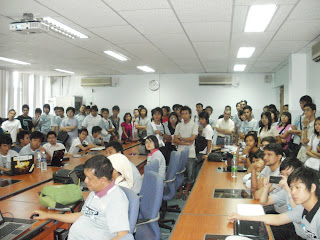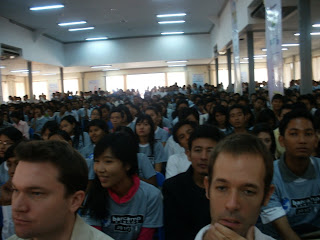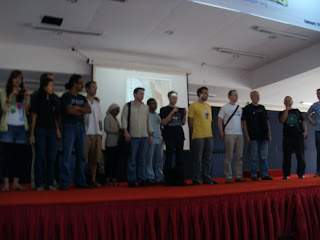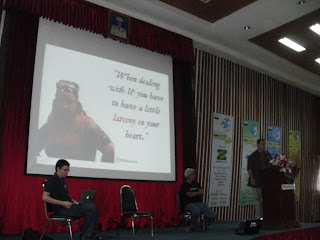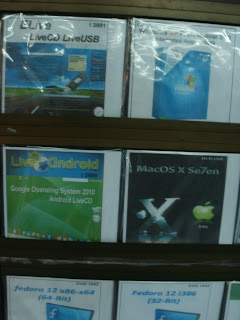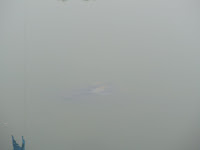I gave a talk entitled "Make FLOSS Software Speak Your Language" at BarCamp Yangon 2011. The talk covered web-based localization tools Launchpad Translations and Narro that are used to translate Ubuntu Linux and Mozilla applications. The translators can use these tools to contribute translations in a wiki-like collaboration.
This talk was designed as a hands-on session beginning with a short talk that introduced the software localization concepts in a simple non technical language, followed by a practical session where the workshop participants logged on and started translations guided by experienced members of the local translation community.
Ahkeno, a Joomla! localization contributor from Myanmar translated the talk and explained some of the concepts in the Burmese language. She also shared her experience with the Joomla! localization project.
Myanmar based Mozilla Firefox localization community member Steven Zaw Htut talked about the Burmese language package for Firefox 3.6. He explained how to install the package and change the default language of the Firefox Web browser. You can visit the http://www.wordpress-my.tk/ website to download this package.
There was a good turnout for the talk. The audience was mostly young college students who were excited about participating in localization projects. The presence of active contributors from the Myanmar localization community offered them a chance to meet and join these localization efforts. I finished the talk with a few key points about working in teams, asking new contributors not to be afraid of criticism and focusing on quality translations.
Unfortunately we did not have the Burmese (my-MM) locale enabled on Launchpad Translation and Narro. It was therefore not possible to do the practical exercises without the locale and the slow internet connection would have made it difficult for many people to sign up and work on translations. This event nevertheless helped me develop the framework to begin developing material, both printed and online for the future localization workshops. The overall response to the workshop was positive. It showed me that there is definitely a need for these types of exchanges not only in Myanmar but in many different Asian countries.
Stay tuned. More about this event to come!
